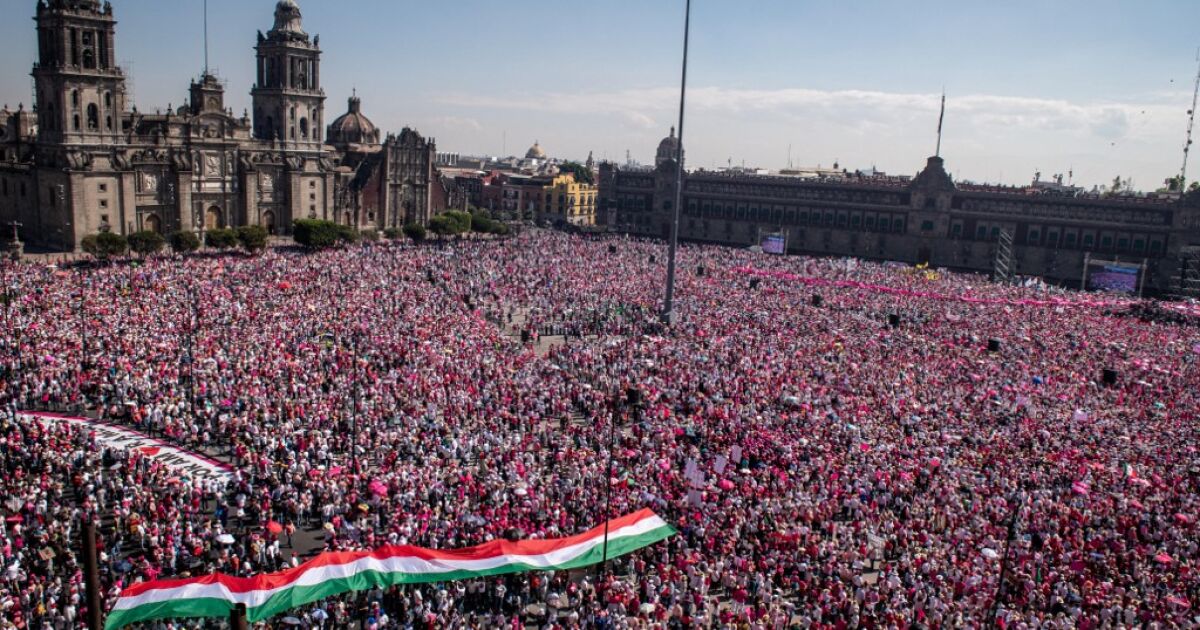Plan B implies a setback for our democracy, the electoral system and its pillar institutions such as the National Electoral Institute (INE), as well as the progress we have made to have free and legitimate elections that respect the right to vote of each citizen.
In this regard, a few weeks ago the INE presented a document on the effects of its implementation for the institution and the elections, on the eve of one of the largest electoral processes in our history.
Among what was mentioned by the Institute, I agree that the disappearance of members in the district boards would imply a decrease in installed capacity in the INE and local electoral bodies, and affects the number of polling stations and the 2024 process where the Presidency will be renewed of the Republic, Deputies and Senators, State Congresses, nine governorships and hundreds of municipal presidencies.
The possibility of processing or replacing the voter card would also be limited, by dismantling the module structure of the INE and dismissing nearly 2,000 officials who organize the elections and train citizens to install the polling stations and count the votes; now the modules would be moved to government offices and would lose autonomy and certainty.
Added to this, the integration of the electoral roll and the correct supervision of public resources used by political parties and candidates are put at risk.
All these changes are already generating uncertainty towards the electoral process of 2024 and from day 1 of implementation they have put the autonomy and operation of the institute at risk. For example, on March 2, when Plan B came into effect, one of its immediate consequences was the dismissal of the Executive Secretary of the INE; The Council of the Institute, although it had to comply with this law and conclude its appointment, considered that it was unconstitutional because it invades the powers of the electoral authority and violates rights protected by the Constitution, and therefore, an electoral trial was presented before the Electoral Tribunal of Power Federation Court.
I am convinced that these electoral changes are unnecessary and would imply setbacks for Mexican democracy, which has achieved reliable elections and party transition.
Now that a reform that is presumed unconstitutional has entered into force, it is the turn of the Supreme Court, so I ask the ministers to exercise their counterweight function and defend the Constitution and our rights.

















